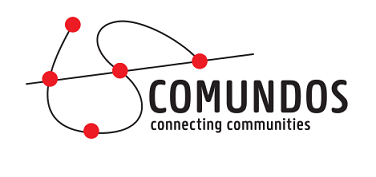Poor Infrastructures Limit Africa's Gains from Modern Technologies

Indeed, for 55.4% of Nigerians who rely on the internet for social interaction, learning, work, and business, data is life. Without data, accessing the internet will be impossible. However, having a digital device and data do not guarantee access to the internet in sub-Saharan Africa. It also depends on electricity, which powers digital devices. Unfortunately, these basic technology infrastructures are inadequate, unreliable, and [prices are] exorbitant in sub-Saharan Africa.
Due to epileptic power supply in Nigeria, generators serve as alternative power sources, but their use is no longer sustainable. In June 2023, the Nigerian government removed the fuel subsidy, causing an increase in price to about 1 USD per litre. This is a country where the monthly minimum wage is less than 50 dollars.
Solar power, which relies on sun rays, would have been the best alternative since Nigeria enjoys excess sunlight, but the cost is above the income of many Nigerians. So, when it comes to power, ordinary Nigerians like me are faced with the option of spending more on fuel and unavailable electricity, or stay in the dark.
Internet data also come at exorbitant rates. Imagine buying 1 GB of data for about two dollars in a country with 40% of citizens living on less than two dollars per day. Even at this, poor internet services are usually experienced, and these affect virtual interviews, Zoom meetings, hybrid work, and online courses.
I have experienced this on important occasions. In June, for instance, I had a job interview that was marred by internet failure. Despite switching from one network to another, I experienced poor audio and video quality. At a point, I was totally off from the platform due to a constant loss of network. Low battery on digital devices has also marred my online engagements. How then, will sub-Saharan African residents like me dive into the world of artificial intelligence, machine learning, and robotics? So many opportunities have been lost due to these factors.
However, I believe this story will change if the government provides free public Wi-Fi and subsidises solar power for citizens. Reducing the cost of internet data and electricity tariffs will also help sub-Saharan Africans catch up with the current technological advancements in the world. Without these, sub-Saharan Africans like me will continue to lag behind, while the world moves on technologically.
A gift for Comundos
Over the years, Comundos has helped remote communities around the world by teaching critical thinking, media literacy and the use of communication technology.
To do this effectively, we need your support for computers, translations, courses and social media management.
Thank you .
BE11 1030 2973 8248




